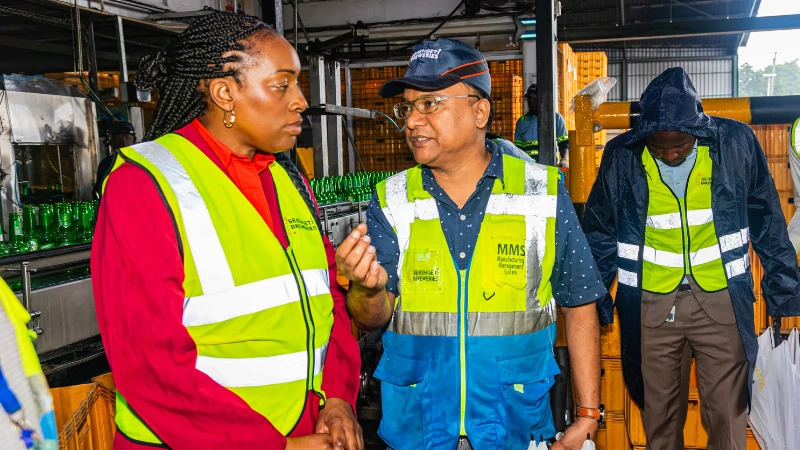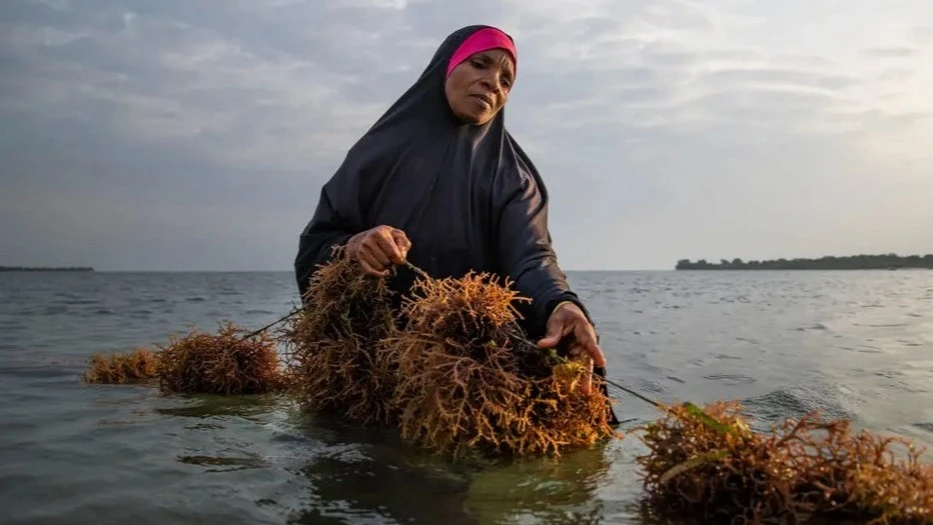‘Zanzibar facing seed drought for key crops’

Zanzibar is facing a seed drought for key crops, impacting food security and livelihoods. Drought-related crop failures have been reported, leading to a shortage of planting materials for the next growing season, the government says.
Shamata Shaame Khamis, the Agriculture, Irrigation, Natural Resources and Livestock minister, made this affirmation in a session of the House of Representatives here yesterday, responding to Chumu Kombo Khamis (Special Seats).
She had sought clarity on seed availability and the government’s distribution efforts, where the minister admitted that the demand for some seed varieties still surpasses supply.
“Seed availability for fruit crops currently meets about 80 percent of demand, with the bulk of supply sourced from government-owned farms,” he said, noting that seed distribution depends on availability.
While many crop varieties are accessible through private agro-dealers, some crops like paddy (rice) are made available to farmers in Unguja and Pemba at subsidized prices, he said.
“Seedlings are typically raised in both government and private nurseries, where farmers can purchase them directly,” he explained, elaborating that for key crops like cloves, seedlings are sometimes provided free of charge under special arrangements.
Pointing at ongoing research and development efforts to improve seed quality and availability, he said that in 2024, the Agricultural and Livestock Research Institute carried out nine rice research exercises, identifying three seed types as high performers.
Similar studies on orange-fleshed sweet potatoes produced three disease-resistant varieties, while ten research projects on cassava yielded nine resilient traditional seed types, he specified.
Supervision is conducted in public and private nurseries to enhance agricultural output and promote food security across the islands by ensuring quality control in seedling production, he stated.
Agriculture remains the cornerstone of Zanzibar’s economy, employing a large portion of the population and relied upon for food security and income generation. It faces longstanding challenges including a lack of quality seeds, outdated farming techniques, limited mechanization and increasing vulnerability to climate change, the minister noted.
Coconuts and cloves are especially vital to the economy and cultural heritage of the islands. Clove production, once the backbone of Zanzibar’s exports, has seen a steady decline in recent years with aging of existing plantations and low replanting pace, tied to seedling shortages and limited access to quality planting materials, he further noted.
To address these issues, the government has ramped up investments in agricultural research, seed production and nursery oversight. “These initiatives are part of a broader strategy to revitalize traditional crops while promoting diversification into fruits, root vegetables and horticulture, ultimately aiming to build a more resilient and productive agricultural sector,” he added.
Top Headlines
© 2025 IPPMEDIA.COM. ALL RIGHTS RESERVED






















